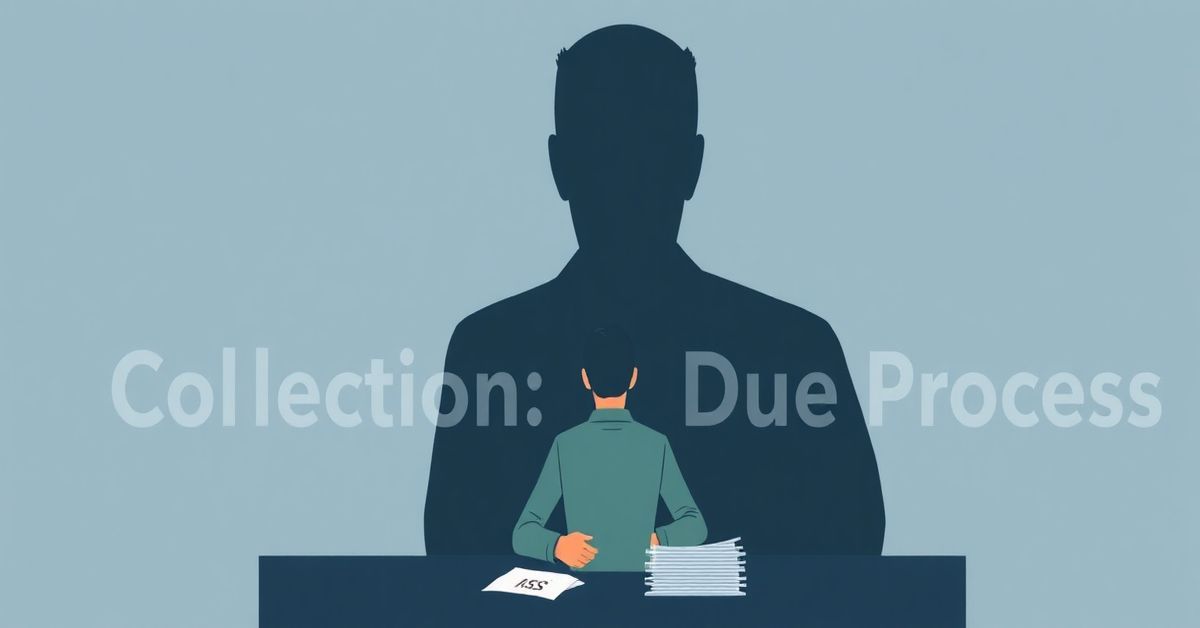Collection Due Process (CDP) Hearing
What is a Collection Due Process (CDP) Hearing?
A Collection Due Process (CDP) hearing is a formal process that allows taxpayers to appeal IRS collection actions like levies and liens. During a CDP hearing, taxpayers can present arguments, propose alternative payment arrangements, and dispute the existence or amount of a tax liability. It’s a chance to have your voice heard before the IRS takes action against you.

